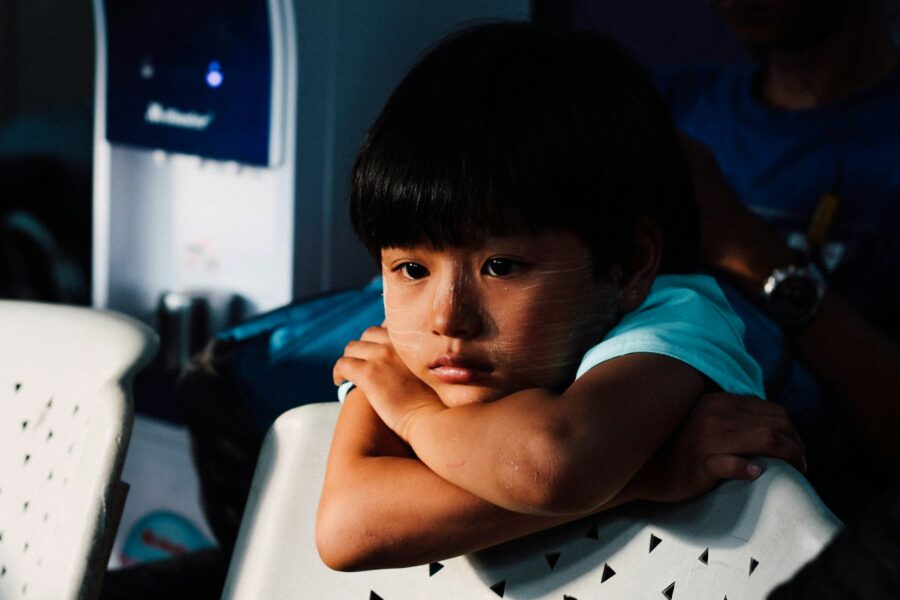
Parental alienation can have damaging effects on children
When parents separate or divorce, it can be challenging for the children involved to adjust to their new circumstances. Children will already be trying to understand and accept any new living arrangements, visitation schedules, and the idea that their parents are no longer together.
By itself, this can be difficult for children of all ages to accept, from toddlers to teenagers. Parents will also be dealing with this new arrangement as well, which they may find just as challenging as their children do.
What can make matters worse is parental alienation. Parental alienation is, generally speaking, when one parent turns a child against the other parent. This can be intentional or accidental, and often results when one parent says bad things about the other parent in front of the child.
This can often impact the relationship between the other parent and the child. The child may not want to spend any time with the other parent, potentially damaging any chances of developing a meaningful relationship.
The psychological effect this type of behaviour can have on a child were serious enough for the World Health Organization to consider adding to it’s list of diseases, as reported by CTVNews.
The news report further explores just how damaging the effects of parental alienation can be on a child, including fostering instances of low-self-esteem, anxiety and depression.
If you are a parent fighting for shared custody of your child and have concerns that parental alienation may be present, it’s best to consult with an experienced family lawyer. He or she can help you identify if parental alienation is occurring in your situation, and what legal options you have at your disposal.




